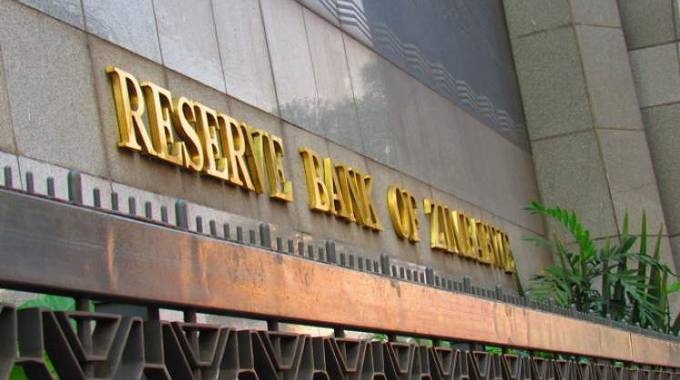RBZ warms up to cryptocurrencies

Mthabisi Tshuma, Business Correspondent
THE Reserve Bank of Zimbabwe (RBZ) is keen to regulate cryptocurrencies and has started drafting a policy framework to guide operations of financial technology (fintech) enterprises so as to protect citizens.
This comes at a time when cryptocurrencies are gaining ground across the globe, bringing both opportunity and risks. Although the apex bank has in the past been warning citizens against fraudulent activity in trading currencies on the unregulated cyberspace, it has admitted that the trend is a reality and stressed the need to regulate such practices.
Zimbabwe has recently witnessed a fair share of fintech growth in several areas, especially in insurance, payments and trading, including the revolution in cryptocurrency.
Speaking in Bulawayo during a Sound Prosperity Economic Forum on Friday, RBZ deputy director financial markets and national payment systems, Mr Josephat Mutepfa, said proposed regulations would ensure that crypto-currency companies are vetted through the regulatory sandbox so as to meet regulatory requirements.
“We have already started to come up with a fintech framework because in regulation everything should be well structured. The framework, which is a regulatory sandbox, will be assessing the crypto-currency companies as to how they are going to operate,” he said.
“Once you enter the sandbox you either exist as a bonafide product to enter the market or you are guided to say that you need to partner a bank, a mobile money platform or your product needs to be licensed like a microfinance company.
“The sandbox will be an experimenting zone. Once the sandbox is there, there will be an application criterion, which will also act in the same capacity as the sandbox.”
Mr Mutepfa said the fintech sphere has faced a challenge of capitalisation of the cryptocurrency market, hence the need to establish the sandbox.
“The crypto-currency market is largely tapped by the young generation and in most cases, they are facing challenges of having capital. The challenge is that in the past the currency was a prerogative of central banks although it has been taken over by the digital currency who also operate within the currency of the country, which, therefore, minimises loans coming forward,” he said.
“Another challenge that needs to be dealt with by the Government is the interpretation of the monetary policy into all the official languages in order for the financial sector to blossom.”
While a majority still struggle to understand how the digital financial economy works, a locally based crypto-currency-based trading consortium, SPURT, is making good business out of the model. SPURT business advisor, Mr Brian Maseva, said the central bank’s regulations will help grow the crypto-currency market.
“Since being operational in 2017 SPURT has grown countrywide to places such as Marondera and Harare and we have approximately 50 000 users,” he said.
“Meeting with the central bank will help us grow and attract the public to join the digital currency, which is fast taking over the financial sector. We are now aware that there is a policy, which elaborates more on fintech guidelines that we need to follow.”
Another member of SPURT, Mrs Silingiwe Masuku, said women and the youth were joining the digital currency platform in order to finance their projects and help revive the country’s economy. — @mthabisi_mthire.











Comments